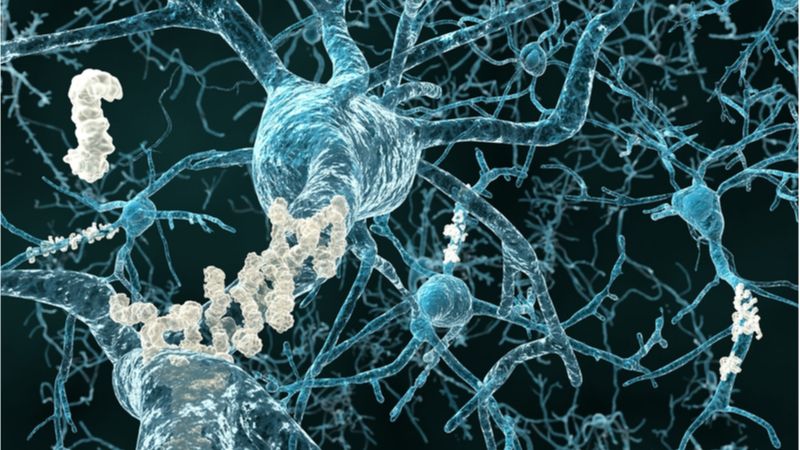Around the world, people are living longer — not just because child mortality is dropping, but also because we’re staying healthy for more years as we age. In the future, regenerative medicine and other new developments may help most people remain youthful much longer than they do today. In this talk, Aubrey de Grey, Chief Science Officer at the SENS Research Foundation, discusses the biology and sociology of what could be a massive shift in the way we live.
To learn more about effective altruism, visit effectivealtruism.org
This talk was filmed at EA Global 2019: San Francisco. You can learn more about these conferences at eaglobal.org




